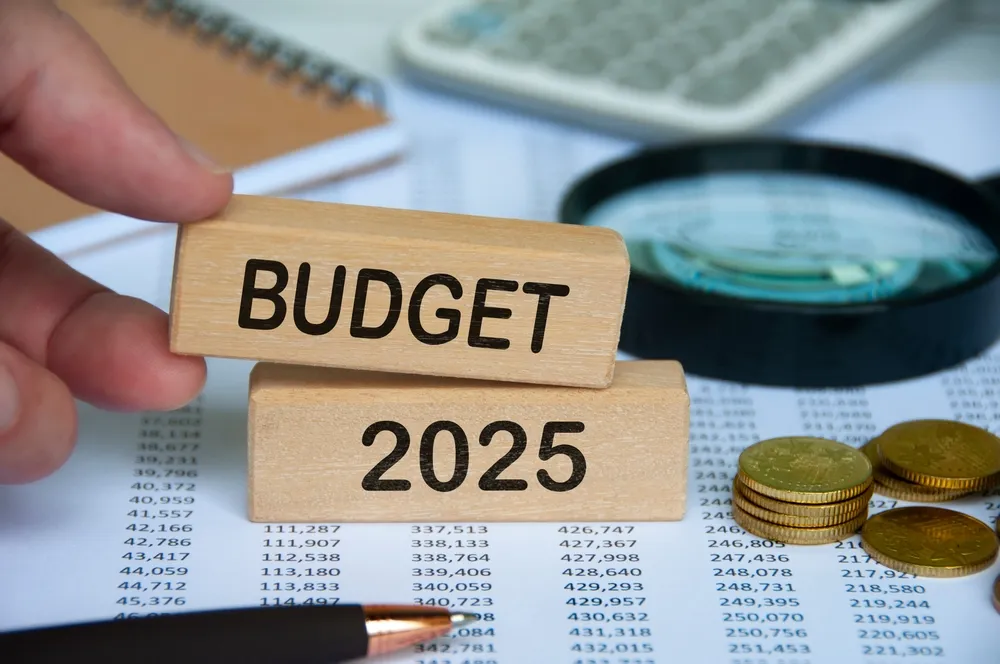Personal Finance News
5 unmissable income tax trends from FM Nirmala Sitharaman's last 4 budgets; what to expect in Budget 2025

5 min read | Updated on January 14, 2025, 12:08 IST
SUMMARY
Since introducing the new tax regime in Budget 2020, the finance minister has announced subsequent measures to make it more attractive. However, the FM has announced minimal changes under the old tax regime in the last four years. In the run-up to Budget 2025, experts and industry bodies are expecting the government to further revise income tax slabs and rates under the new regime to provide relief to salaried taxpayers.

The Finance Minister is expected to continue making the new tax regime sweeter for taxpayers. Representational image
Finance Minister Nirmala Sitharaman's last four budget speeches indicate the direction salaried taxpayers can expect from the government in the coming years.
Focus on new tax regime
"It has been our endeavour to simplify taxation. We have taken a number of measures in the last few years including introduction of simplified tax regimes without exemptions and deductions for corporate tax and personal income tax," the finance minister said in Budget 2024 speech.
The new regime has proved beneficial for low earners as there is no tax on income up to ₹7.75 lakh for salaried and up to ₹7 lakh for others. Further, the new regime has also benefitted high-income earners as the maximum tax rate for them has reduced from 42.74% to 39%.
Capital gains consolidated
There are now only two holding periods of 12 months and 24 months for taxation of all types of assets.
Additionally, all long-term gains from financial and non-financial assets are taxed at 12.5%, and short-term gains at 20%.
However, gains from debt investments are taxed at individual slab rates, irrespective of the holding period.
NPS made attractive
While there is no change in the taxation of NPS under the old regime, taxpayers under the new regime have got some relief.
Budget 2024 allowed private sector employees in the new regime to claim a deduction of up to 14% of the basic salary invested in NPS.
Focus on improving taxpayer's experience
"It has been the constant endeavour of the Income Tax Department to improve Tax Payers Services by making compliance easy and smooth...We intend to further improve this, roll out a next-generation Common IT Return Form for taxpayer convenience, and also plan to strengthen the grievance redressal mechanism," the FM said in Budget 2023.
The last four budgets have improved transparency in the availability of data to taxpayers. Now almost accurate data of taxpayers get reflected in AIS and TIS, which help at the time of income tax return filing.
In last year's budget, she also announced a comprehensive review of the Income-tax Act, 1961 to make it "concise, lucid, easy to read and understand."
Changes in TCS
FM Sitharaman's past four budgets have improved the ambit of Tax collection at source (TCS). Last year's budget even allowed adjustment of TCS against TDS on salary.
"It is proposed to allow credit of all tax deducted or collected while computing the amount of tax to be deducted on salary income under section 192," the FM said last year.
What to expect in Budget 2025?
EY India is also hoping that the budget will remove the cap of ₹2 lakh towards the set-off of house property loss against other heads in the same year. Further, the FM may include tier 2 cities like Hyderabad, Pune, Bengaluru, Ahmedabad, Gurgaon in the list of metro cities for HRA exemption calculation purposes.
By signing up you agree to Upstox’s Terms & Conditions
About The Author
Next Story

